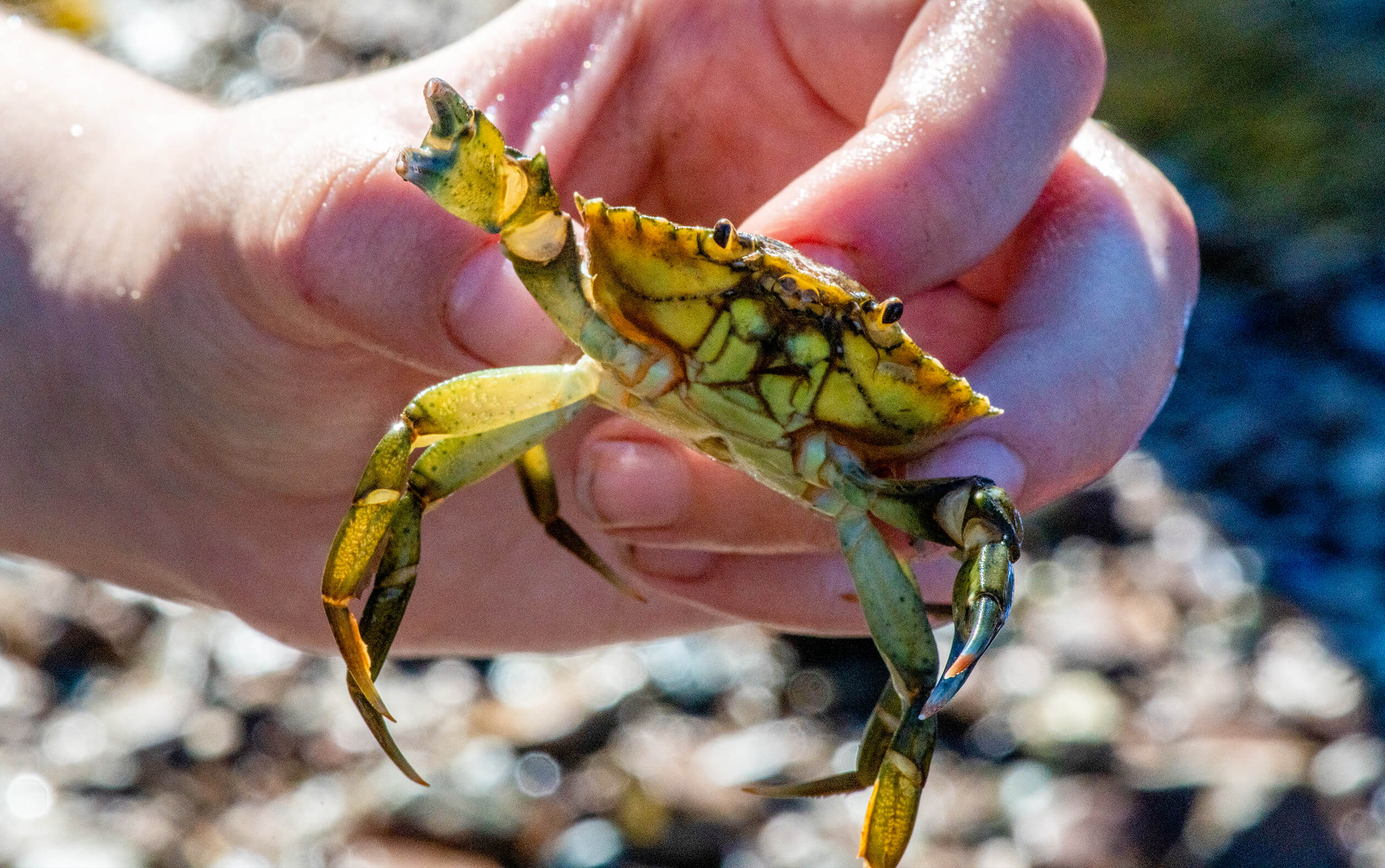Program Details
Explore Unique opportunities for student–centered research, examining local marine organisms and their ecosystems.

The program will:
Concentrations
Marine Ecology
12-15 Credits
Students focus on additional coursework in marine ecology, experimental Design and analysis, geographic information systems (GIS), shellfish mariculture, and a variety of chemistry and biology courses. The marine ecology concentration is the best choice for students who wish to pursue a graduate degree in marine science or a related field.
Aquaculture
12-15 Credits
Students are prepared to seek careers in the growing aquaculture industry immediately after graduating. Coursework includes business and entrepreneurship and introduction to aquaculture as well as off-campus internship experiences that cover a broad array of choices for students such as finfish and shellfish culture, or sea vegetable farming.
Coastal Conservation
12-15 Credits
Students take additional coursework in general ecology, conservation biology, environmental issues, and plant or marine ecology.
More about the Program
From the very beginning of your academic career at the University of Maine at Machias, you will work closely with your instructors both in the laboratory and in the field. Our faculty specialize in teaching outdoors to enhance hands-on learning. You will learn about the biology and ecology of marine plants and animals inhabiting oceans, rocky shores, tidal pools, marshes, mudflats, and other marine environments.
From the small to the large, from algae to marine mammals, UMaine Machias’s program in Marine Biology offers you a hands-on approach to the fascinating field of marine science. These experiences will provide you with skills highly valued by employers.
In addition to coursework, we offer you practical, work-based learning experiences. In particular, UMaine Machias has an ongoing partnership with the Downeast Institute (DEI) that serves as UMaine Machias’s Marine Science Field Station, where you can conduct research in the area of shellfish and finfish research. Located 25 miles west of campus in the island community of Beals, about 30 minutes from the Machias campus, the field station is immediately adjacent to the ocean, overlooking a working waterfront with variety of marine habitats within a quarter of a mile of the field station.
